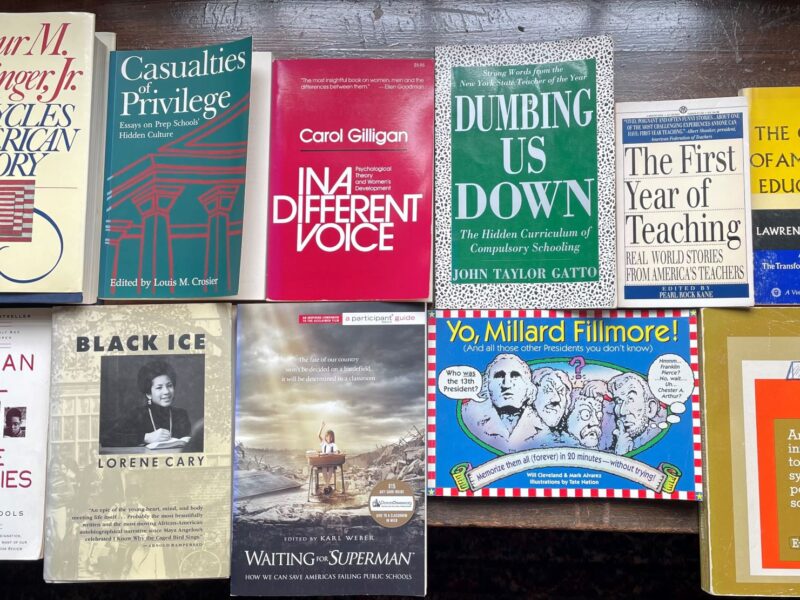More on Family Dysfunction
In my observations, family dysfunction seems to evolve for two reasons:
1) A family lacks a real vision for itself;
2) A family lacks an objective way to measure and/or revise its performance against that vision.
In either case, a family can expect to develop a distorted view of what is normal.
Family dysfunction also seems related to issues of control in the family. Consider the following adage, a popular one at Hyde:
“We cannot control how others react to us… We can only control how we react to them.”
All the family dysfunction that I have witnessed in my career as an educator can be traced to a root cause involving someone’s refusal to follow the wisdom in this simple statement. Someone in the family makes the mistake of trying to control how someone else acts. Consider, for example, a problem drinker in the family. As a concerned family member, I can choose to control the effects that that drinking will have on me. However, I can neither control that drinking nor can I control the effect that the drinking will have on the drinker. The impulse to want to control these factors is probably reflexive. In fact, most Al‑Anon people will tell you that the typical person initially joins Al‑Anon because he or she wants to stop a loved one from drinking. Al‑Anon teaches: Not only can we not stop a loved one from drinking, we also cannot control what that drinking is doing to our loved one(s). We can, however, control what that drinking is doing to us.
In the Hyde admissions interview we sometimes encounter a student with a very negative attitude and an extremely exasperated Mom and Dad. I will then ask the family to identify the person in the room who is most concerned about Johnny’s bad attitude. There will typically be a pause as Mom and Dad strive to determine which one of them is most concerned. Generally, one parent will be identified. Then I will ask, “O.K. Who in the room is least concerned with Johnny’s attitude?” The parents instantaneously point their fingers at Johnny. No substantial progress will occur until Johnny becomes the family member most concerned about Johnny’s attitude. Johnny needs to become more involved with his own growth; his parents need to become less involved with it. (My typical suggestion: “Might I suggest that you work on yourselves instead?”) Johnny is perfectly content to let his parents accept the responsibility that he should be accepting.
While parents are expected to participate in the Hyde program alongside their children, they ironically must typically learn opposite lessons: the children must learn to “hang on” when the going gets tough; the parents must learn to “let go.”
Next: The Archetypes
Onward, Malcolm Gauld


